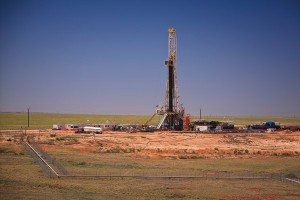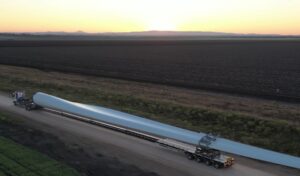The truce between the Tasmanian government and its utility, Hydro Tasmania and the owner and operator of the Basslink undersea cable is at an end, as the state authorities declare they will “pursuing their legal rights” over compensation for the interconnector’s failure in 2015.
The months-long failure of Basslink in 2015-2016 was part of a series of unfortunate events that started with Tasmania’s driest Spring on record, which led to a shortage of water in the dams used to generate hydro electricity – the state’s usual source of reliable renewable power.
Tasmania responded by starting to import more electricity from Victoria, until the link to the mainland failed, taking it out of action for months and forcing the island state to lurch back to the expensive fossil fuel era.
In December 2020, the arbitrator High Court Chief Justice Robert French found that the 2015 cable failure was not a force majeure event, as Basslink had claimed, but rather was caused by thermal overstressing arising from BPL’s operation of the interconnector.
In light of this finding, Justice French awarded the state and Hydro Tasmania in excess of $70 million, including costs related to the cable failure, and ordered Basslink to take actions to improve the operational performance and reliability of the cable.
The parties then came to a Standstill Agreement, allowing negotiations to take place to satisfy BPL’s obligations under the arbitration outcomes and allowing for BPL to try to refinance its debt.
But Tasmania’s energy minister Guy Barnett said on Wednesday that his department had written to the owner of Basslink, Keppel Infrastructure Trust to advise that the state and Hydro Tasmania would not be extending the agreement.
Barnett said that it had acted in good faith for nearly 11 months, and had already extended the Standstill once, but the payments had remained outstanding and BPL had failed to adequately progress the commercial and engineering requirements of the arbitration, or to secure refinancing.
“As the Standstill Agreement expires today, the State and Hydro Tasmania will now pursue their legal rights,” a statement said.
“We are also confident this legal dispute will not impact the State’s energy security. Importantly, Basslink will continue operating, transferring energy between Tasmania and Victoria.
“BPL will now need to work with its owner and financiers on how it will meet the Arbitration outcomes.”
Hydro Tasmania said as much in its own statement, noting that Justice French had also found that BPL was in breach of the Basslink Services Agreement it had with the utility. “With the expiry of the Standstill Agreement, Hydro Tasmania will now progress its legal rights,” the statement said.
For its part, Basslink described the announcements from the Tasmanian government and Hydro Tasmania as a “deeply regrettable development” and said they had come as a surprise, considering Basslink’s view it had been “making progress on the various arbitration award matters … in a responsible manner.”
“Basslink emphasises that it has worked in good faith at all time to progress the recommendations and findings resulting from the arbitration,” a statement said on Wednesday.
“Notwithstanding this development, Basslink will continue to engage responsibly with the State and Hydro Tasmania to come to a resolution on the foregoing.”
Basslink also noted that it had engaged in a sale process and had appointed a financial advisor, taking care to ensure all stakeholders’ interests, including the state and Hydro Tasmania, were taken into account.
“The prior sale process did not conclude because all parties, including the state and Hydro Tasmania, unfortunately, could not come to a satisfactory agreement with the bidder.”










